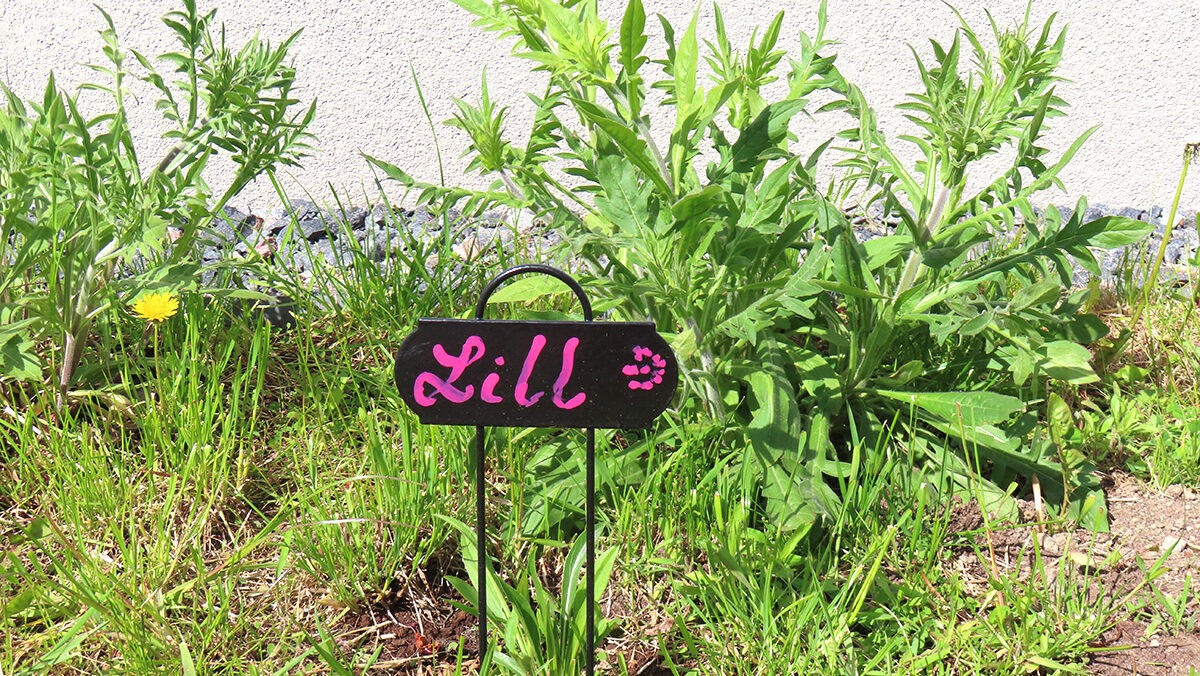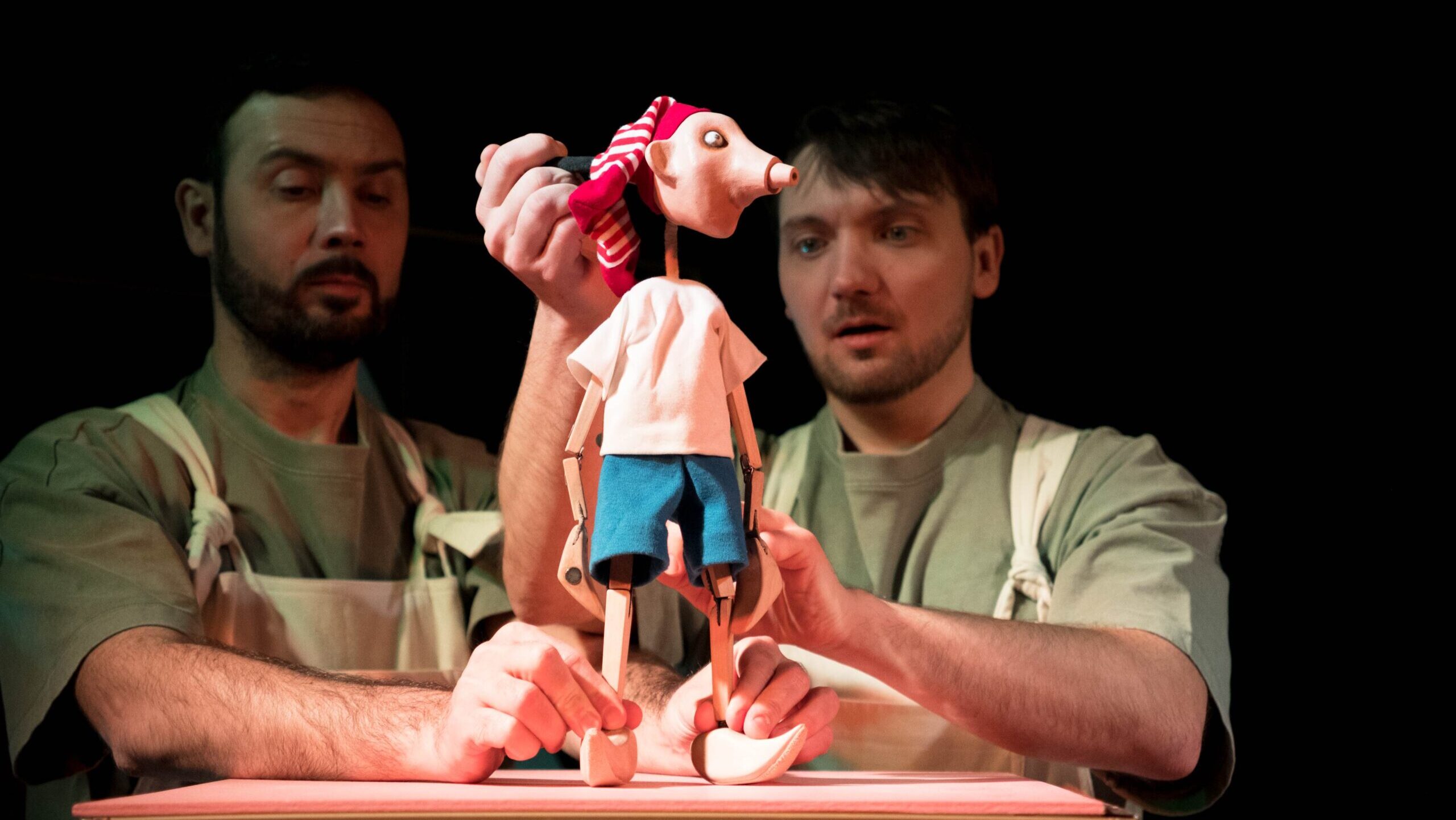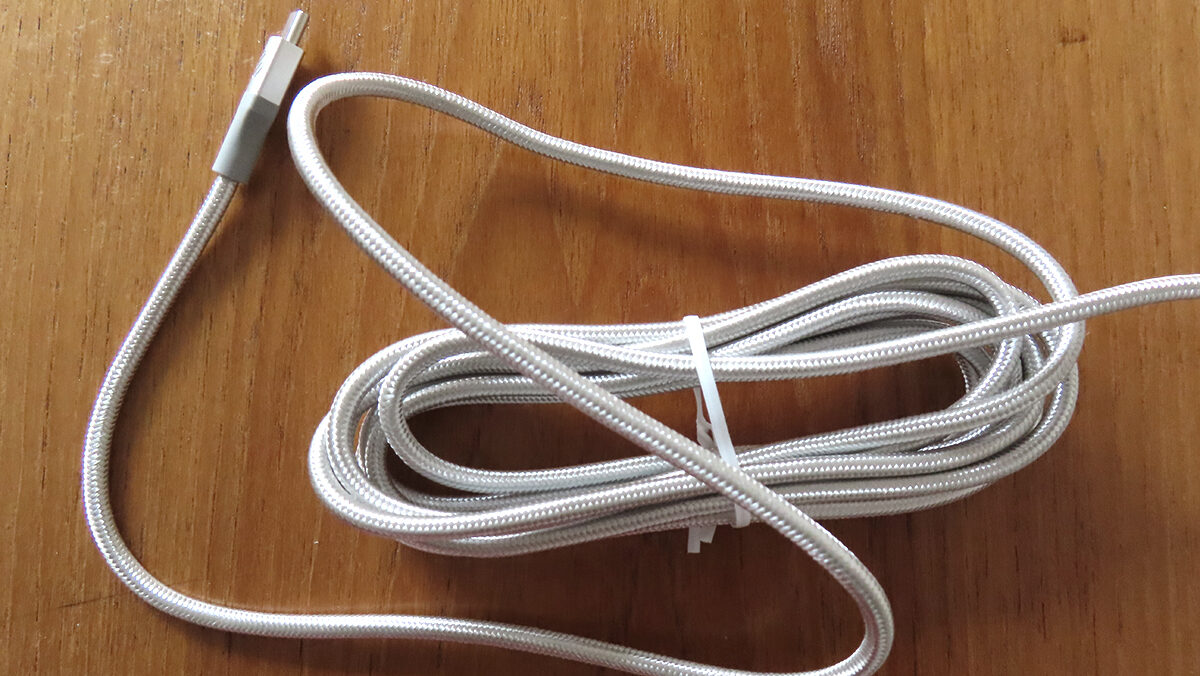History has moulded the Estonian temperament because we have lived under difficult conditions for a long time. Many of us learned to over control our emotions as a coping mechanism, but this can “end badly”, he says. “We need to learn how to open up.”
The type of therapy that Jaak practices helps people turn their thinking around and change behaviour. Being flexible and working toward change is a key component of achieving good mental health. “How do you picture yourself walking, talking, being?” he asks. “Remember, you're in charge.”
Other ways to change your behaviour and thought patterns is to have a plan. For example, if alcohol is a problem, figure out what you're going to do when you go to an event where drinks will be served. Deciding in advance that you won't drink, or that you'll limit yourself to just one, helps change behaviour.
Jaak is a longtime friend of MÜ, but hadn't been back here for 15 years. He's embarking on plans for a new research project to help people in Estonia deal with their past so they can live full and prosperous lives. He has promised to keep us posted. “Life began to change for me when I came here in the '70s,” he said. “Now, I want to give back. We sincerely hope that he comes back.
Mihkel Raud, TV host, journalist and musician. Mihkel Raud may be best known for his rock band Singer Vinger and his many TV credits, but this thoughtful and introspective man counts one of his most important milestones the fact that he had his last drink in 1990.
“I drank full time from age 16 to 20,” he said. “It was a good time being drunk – and very much a part of the rock music world.” But something made him realise he couldn't do this forever and he stopped drinking on the spot.
Mihkel came to MÜ this year from Estonia as a lecturer and told his story openly and candidly as a contribution to the “healthy spirit, healthy people” theme. He says he still suffers from the aftermath of his alcoholism and struggles with fear and anxiety.
“Estonians don't know a lot about the issue of alcoholism,” he said. “People think drinking gives them courage. It's an escape from who you are. More talking and attention is needed.”
(to be continued)
Karin Ivand, Estonian World, Life, December 2014



